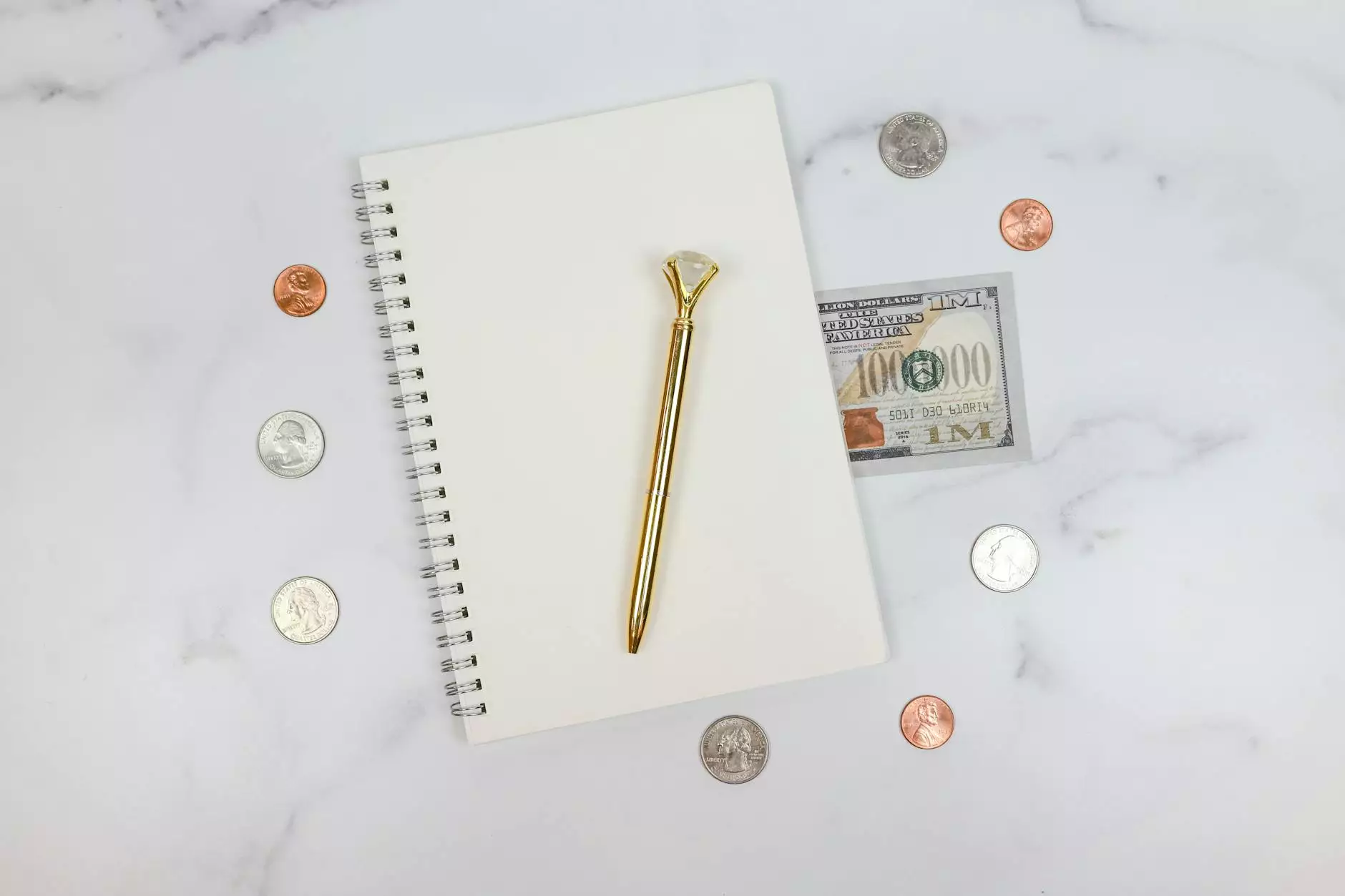The Essential Guide to Injection Horse Care

In the world of equine health, understanding the importance of proper care and management is vital for ensuring the well-being and performance of your beloved horses. This article delves into the significance of injection horse care, exploring various types of injections, their purposes, and best practices for administering them safely.
Understanding Injections in Equine Medicine
Injections are a common practice in horse care, playing an essential role in preventing diseases, treating illnesses, and enhancing the overall health of these magnificent animals. The two primary types of injections used in veterinary practice are:
- Intramuscular Injections (IM): These are given directly into the muscle and are commonly used for vaccines and medications that require rapid absorption.
- Subcutaneous Injections (SQ): Administered just beneath the skin, these injections are often utilized for vaccines and certain medications that need to be absorbed gradually.
The Importance of Vaccination
Vaccinations are a critical component of injection horse care, providing immunity against a range of infectious diseases. Common vaccinations for horses include:
- West Nile Virus
- Eastern and Western Equine Encephalitis
- Tetanus
- Rabies
- Flu and Rhinopneumonitis
Regular vaccination schedules are important to maintain a horse's health. Consult with your veterinarian to establish a tailored vaccination program that accounts for your horse’s age, health status, and environmental risks.
Therapeutic Injections for Performance Horses
For performance horses, managing joint and muscular health is crucial. Therapeutic injections can help alleviate pain and inflammation, enhancing recovery times and maintaining performance levels. Some of the common therapeutic injections include:
- Joint Injections: Steroids or hyaluronic acid can be injected directly into joints to relieve pain and inflammation.
- Anti-Inflammatory Injections: Non-steroidal anti-inflammatory drugs (NSAIDs) can provide relief for sore or injured horses.
- Stem Cell Therapy: Emerging therapies harnessing the power of stem cells are becoming popular for treating ongoing joint pain and arthritis.
Administering Injections Safely
Administering injections can be daunting for many horse owners, but proper technique is essential for minimizing discomfort and ensuring the effectiveness of the medication. Here are some steps for safe injection administration:
1. Prepare the Environment
Ensure you are in a calm, quiet environment. Minimize distractions to keep both you and the horse relaxed.
2. Gather Necessary Supplies
Before you begin, gather all necessary supplies:
- Syringe and needle
- Alcohol swab
- Medication to be injected
- Bandage or gauze
3. Restrain the Horse
Use appropriate restraint methods to keep the horse still. If you're not confident, ask for assistance from someone experienced in handling horses.
4. Clean the Injection Site
Use an alcohol swab to clean the area of skin where the injection will be administered. This reduces the risk of infection.
5. Inject Properly
Hold the syringe at a 90-degree angle for IM injections, or a 45-degree angle for SQ injections. Insert the needle swiftly and with confidence, followed by slowly injecting the medication.
6. Monitor the Horse
After the injection, watch the horse for any adverse reactions such as swelling or changes in behavior. If you notice anything unusual, contact your veterinarian immediately.
Post-Injection Care
Following an injection, it's vital to take proper care of your horse to ensure optimal recovery and effectiveness of the treatment. Here are some key tips:
- Monitor for Allergic Reactions: Keep a close eye on your horse for any signs of an allergic reaction, such as hives or difficulty breathing.
- Temperature Check: Regularly check your horse's temperature to ensure it remains within normal ranges (99-101°F).
- Physical Activity: Limit strenuous activities for at least 24 hours post-injection unless otherwise advised by your veterinarian.
Conclusion
Effective injection horse care is indispensable in the maintenance of your horse's health and performance. Whether it involves vaccinations, therapeutic treatments, or preventative measures, proper knowledge and technique can lead to better health outcomes for your equine companions. At Racehorse Med Care, we provide a wide range of products and resources tailored to enhance your horse's health. Our commitment is to empower horse owners with the knowledge they need to keep their horses thriving.
Frequently Asked Questions
What should I do if my horse reacts negatively to an injection?
Should you notice swelling, pain, or behavioral changes following an injection, contact your veterinarian immediately for guidance and potential treatment options.
How often should my horse receive injections?
The frequency of injections varies depending on the type of injection and the specific needs of your horse. Consult with your veterinarian to create a tailored vaccination and treatment schedule.
Can I administer injections myself?
While it is possible to learn to administer injections, it is advisable to receive training from a qualified veterinarian to ensure safety and proper technique.
What products does Racehorse Med Care offer for injection safety?
Racehorse Med Care offers a variety of products including syringes, needles, antiseptics, and educational materials to support safe and effective injection practices.









